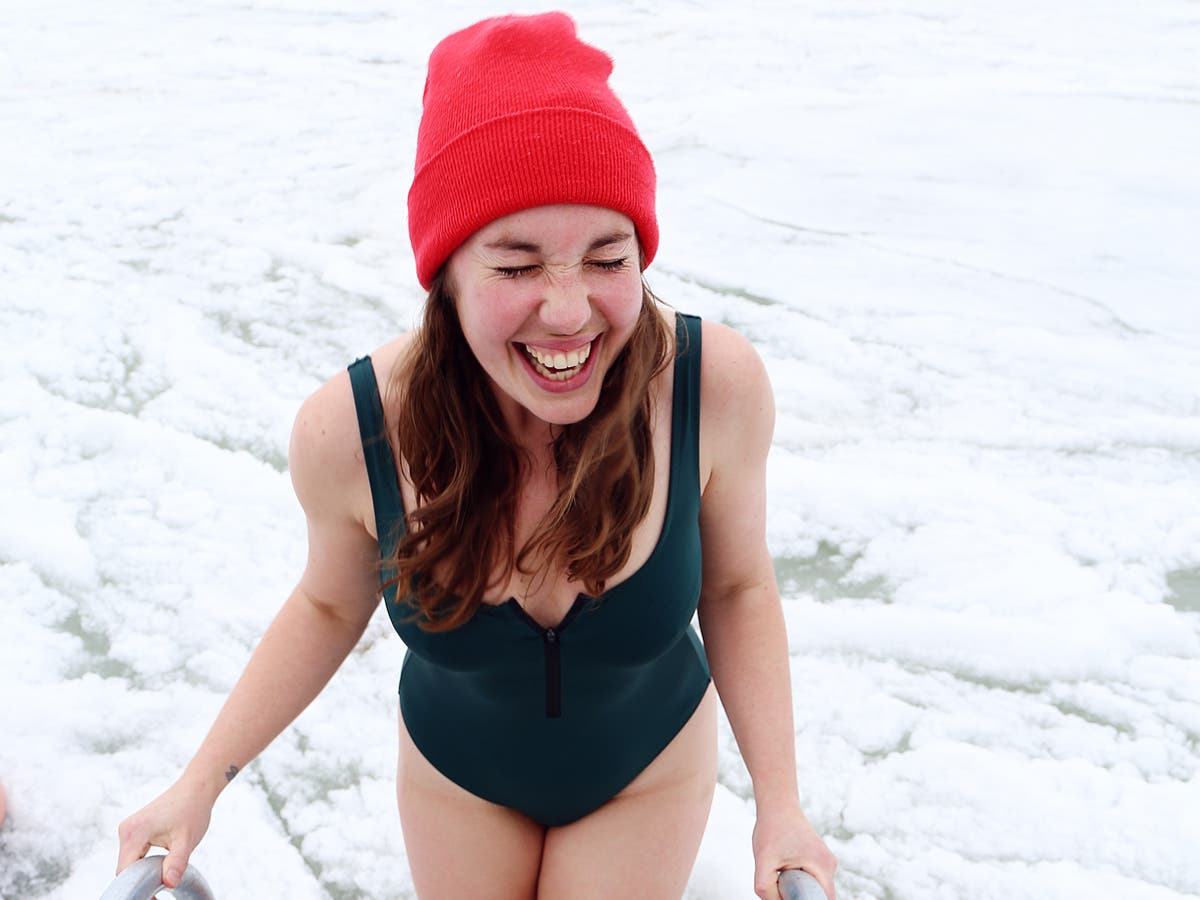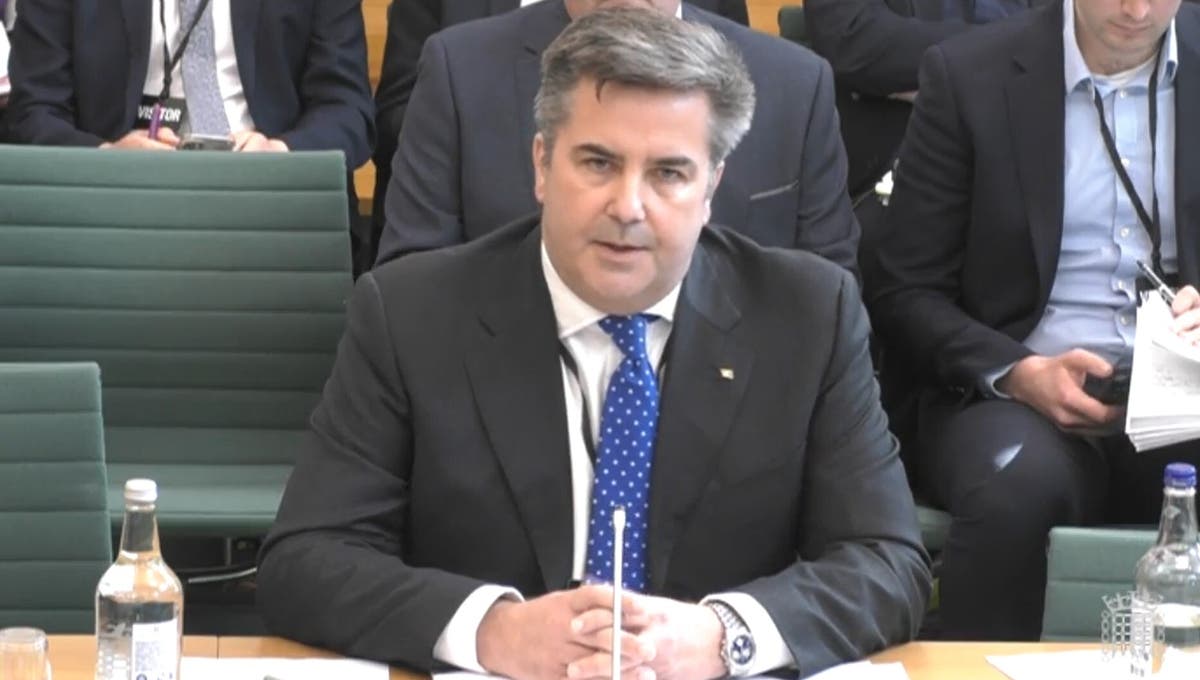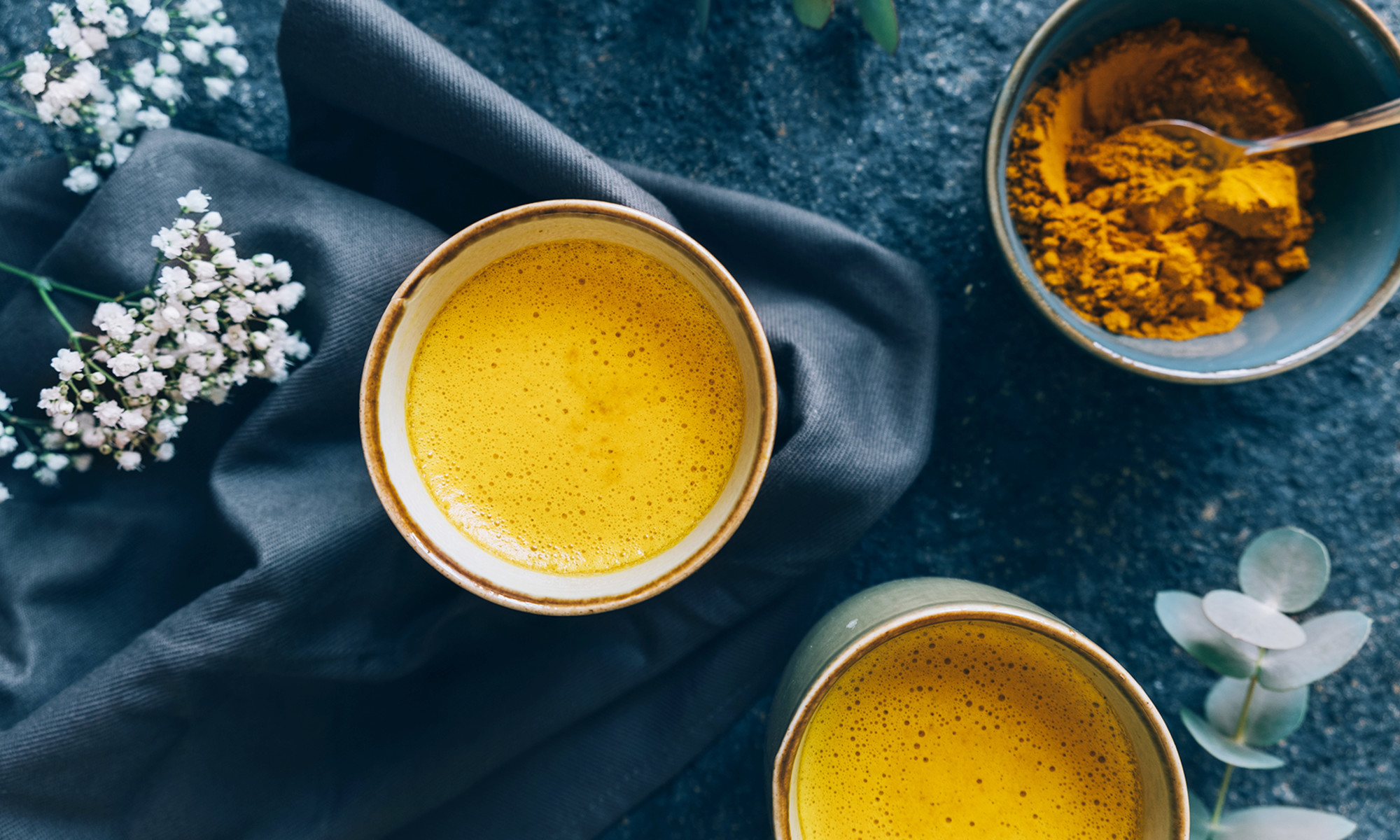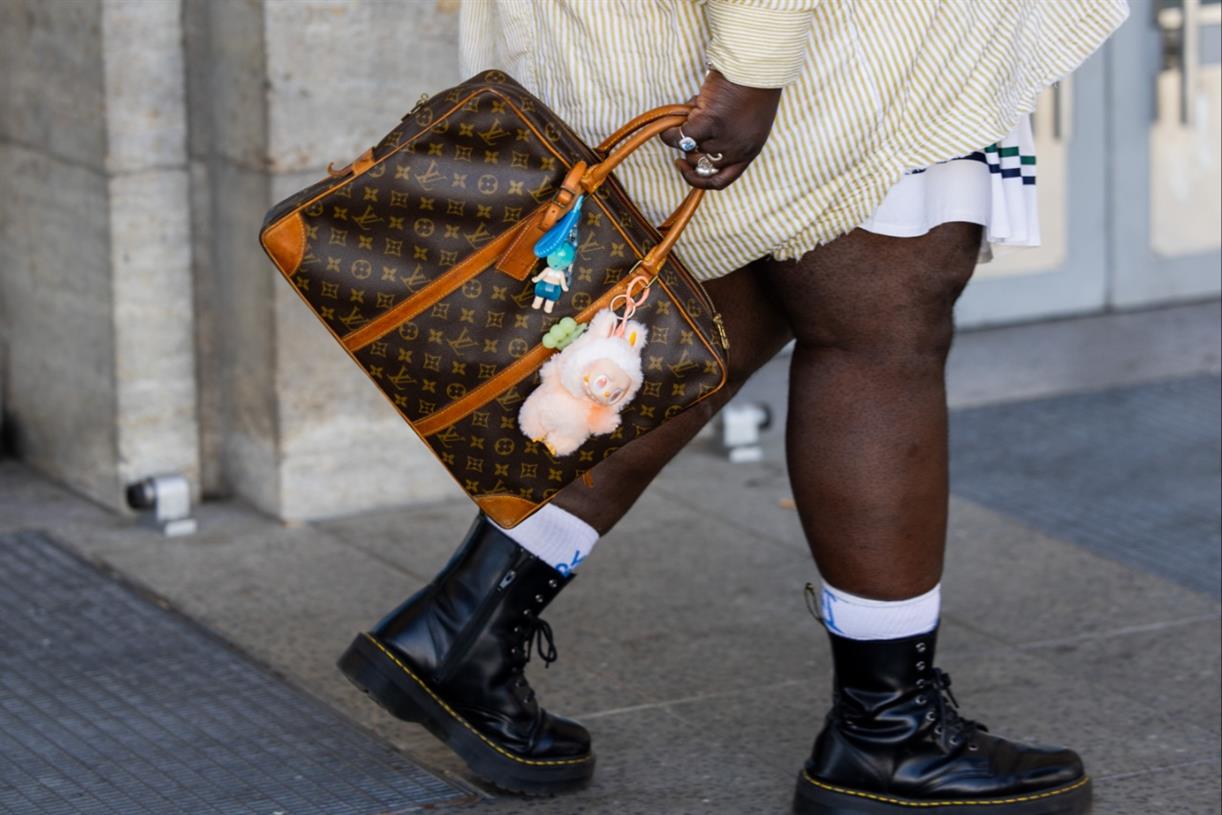From Burnout to Balance: 6 Self-Care Habits That’ll Change Your Life in 2025
How small habits changed everything. The post From Burnout to Balance: 6 Self-Care Habits That’ll Change Your Life in 2025 appeared first on Camille Styles.

If you’ve been following my column here this year, you may have noticed a shift in focus that mirrors the transformation happening in my personal life. Since April, just about everything has changed in my life: I’ve shifted careers, given up alcohol, reconnected with movement, and committed to nourishing my body with food. In creating my own prescription for self-care, I’ve discovered a fresh perspective that’s left me feeling refreshed as I step into the year ahead. My own life proves: change really is possible.
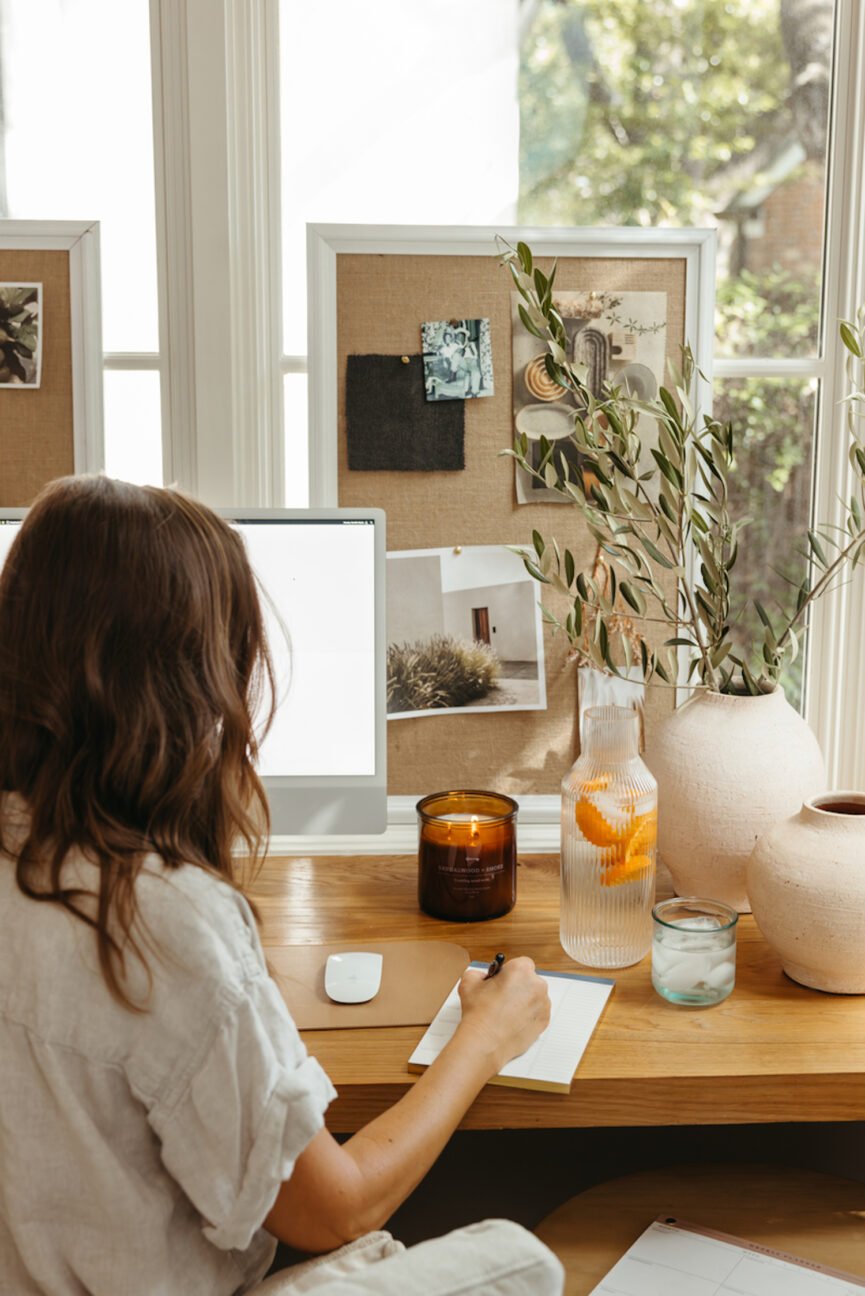
6 Self-Care Moves That’ll Change Your Life in 2025
I recently attended a marketing and branding conference, hearing from some of the brightest minds at the helm of the biggest brands. I took some nuggets of wisdom from each of them, but the ones who gave the audience tactical takeaways stood out the most. This article intends to do just that. I don’t want to simply tell you that I prioritized sleep, I want to tell you how I did. Not only that, but what I needed to shift to make that happen.
It’s been eight months since I’ve prioritized myself. These are the tools I deployed that changed everything.
Ditch Alcohol
What started as a 30-day hiatus has turned into one of my biggest life transformations. At the time of writing this, it’s been 217 days since I’ve had a drink. It was once a big part of my personality. I took sommelier courses. I talked about getting into “The Grone Zone” (with negronis). And there wasn’t a dinner that I didn’t snag a pic of a martini or bubbles. And now, I’m on day 217 without alcohol. 217 days of waking up crystal-clear, of the best sleep, of saving money, of not waking up anxious, and remembering every detail of my evenings.
Tips for where to start:
Make a plan. Give yourself a set number of days you’d like to try. If I declare a set timeframe, it takes out any ambiguity, and I’ll stick to it Find other ways to hang out with friends. Go for a friend walk, coffee, lunch, a workout, etc. It might be hard or awkward at first. That will eventually go away. Remember too, that no one really cares. If they do, are those your people? Grab a sparkling water. I found that even just having a sparkling water with lime was perfect and didn’t make me feel like I was missing anything Take stock of how good you feel. I continue to say over and over: “No drink is worth ruining how great I feel now when I wake up.” Find other people who are doing this. Liz Moody recently did a podcast on the topic. I find this incredibly helpful and have shared the episode with a few curious friends. I also have a few buds who have either completely given it up or aren’t big drinkers. It’s nice to connect and relate to them. The more people talk about it, the less of a big deal it isPrioritize Sleep
Not drinking has made sleeping a breeze. It used to take me a while to fall asleep, but now, the second I lay my head down, I’m out. I almost don’t even know who I am anymore—I leave parties and events early to get a full 8-9 hours. Sleep is paramount, so it’ll come as no surprise that I have a hardcore wind-down routine.
Tips for where to start:
Eat dinner 2-3 hours before bed. I can’t sleep on a full stomach. If it’s a late travel day and there’s no way around it, I’ll opt for a snack (a hard-boiled egg, a piece of fruit, raw veggies, nuts). Something that feels light. Shut down work, social media, and screens 1-2 hours before bed. With the exception of TV, anything that has the potential to raise my heart rate is a no-go. This goes for mornings, too. If someone needs to reach me urgently, they know how. Magnesium. I honestly don’t know what I would do without this mineral. I take it at night right after dinner and have the best sleep because of it. There are so many health benefits of magnesium. It also helps keep you regular in the morning. Try sleep training. I need 7-9 hours of sleep. If I hit a snag in my schedule and have a later-than-usual night, I set an early morning alarm to get back on track. I might be a little more tired than usual that day, but I’ll be in bed early that night to get back on track.Stay Prepared
As I typed this, I reached into my bag to grab a Chomps stick on a flight. We all know the saying, “failing to plan is planning to fail.” I fully agree. There isn’t a moment I’m not thinking of all scenarios, especially when traveling.
Tips for where to start:
Pack snacks. In my purse, my car, and my desk—I always have something portable and easy in a pinch. Plan workouts in advance. Before I go on any trip, I plan my workouts and do my due diligence to see what’s available. Hotel gym Nearby hike/walk/run Evlo mobile workouts Pack Bala bangles for an in-room workout Calendar blocking. Allot time for rest between work. Block an hour or so in the morning or afternoon to have a little me time to decompress.Commit to Daily Movement
I’ve had an on-again, off-again relationship with exercise, but something clicked for me recently. When I learned that exercise shouldn’t be used solely as a tool for weight loss, it was a game-changer. In the past, my workouts were entirely focused on shedding pounds. I didn’t realize that diet plays a primary role in weight management. This shift in perspective completely transformed how I approach movement—especially strength training.
Now, I focus on building muscle to become stronger and improve my quality of life as I age. Thinking about workouts as a way to enhance longevity and overall well-being makes them feel like an act of self-care rather than punishment. I no longer push myself to the brink just to “get in a good workout.” Instead, I’m motivated by the knowledge that increasing muscle mass not only makes me stronger but also boosts my metabolism. With this mindset, exercise feels purposeful and rewarding, and I genuinely enjoy the process.
Tips for where to start:
Find a workout you like. I wish a younger version of me had this advice. I love walking and running, and I found a strength training platform I really connect with. Mornings are mine. Calendar is blocked and nothing gets in the way. I don’t schedule coffees or meetings, or add anything to my calendar until I get my workout in Movement can look different. We’re moving more than we think just in our day-to-day activities. Playing with kiddos, going to the grocery store, cleaning a full house—our bodies don’t know the difference between running a trail and running our errands. Good gear helps. These are my tried-and-true favorites.Understand Your Social Battery
When a lot of life was changing, I noticed I needed my friends and community a lot more. I was hungry for new social activities, I needed deep convos with people I love and trust, and I needed to do things outside of myself, like volunteering or giving back. But I also needed space to be alone and reflect—and I still do. Getting clear and articulating my needs to friends was vital and contributed to a beautiful season of change.
Tips for where to start:
Ask for help. I used to fear that I was taking up too much space, but I leaned into my community hard over the past seven months. There is a lot of freedom in being able to say, “I am not doing okay and I need some support,” or “Please invite me out, I want to be more social.” When you make plans, be honest about what you can give. As the girl who typically closed a party down, I became honest with myself and my friends when I didn’t have it in me. “Guys, I am feeling super low energy tonight, mind if I just stay for an hour?” Releasing that without making an excuse for anything gave me the power to be honest with myself and loved ones. Advocated for healthier hangs. Ultimately, going to bars, happy hours, and the constant deluge of dinners didn’t sound up my alley like it once did. Plus, I knew I’d have way more energy in the mornings vs. the evenings, so I switched many of my catch-ups to coffee dates and walks. I was surprised by how many friends wanted this, too.Rebuild Your Relationship with Food
In the simplest terms, I look at food as nourishment and what is going to make me feel my best. (Within reason.) Not drinking alcohol and pumping the brakes on foods that are high in sugar, processed, or greasy has completely transformed the way I feel. My skin is clearer, I feel less puffy and inflamed, and yes—I have lost weight.
I don’t label foods as good or bad. Instead, I consider how it will make me feel. I remember someone remarking, “Oh, you’re on a trip, just have the dessert.” This is where it used to be a problem for me. Do you know how many trips I take? A lot. If I treated every single trip as a way to indulge in everything, I would physically feel horrible.
At the same time, I can’t tell you how many times I ate something just because it was tradition or it was right in front of me. Half the time, I didn’t even want it. I recently took a trip to LA and thought I’d visit all my old favorite stops. But when I checked in with myself, I realized—I didn’t want any of it at that moment. It didn’t matter that I wouldn’t likely be in LA for another six months. If I didn’t want it, I didn’t have it.
Tips for where to start:
Sweet tooth swaps. When I quit drinking alcohol, I noticed I craved sweet foods. Adding fresh fruit into my diet, specifically berries in the morning and after a workout, really helped. Anytime a sweet tooth creeps in, fruit does the trick. But also, have the cookie if you want the cookie. I won’t deprive myself if I want to try a dessert. Get to know your body. Learning what foods make me feel good, give me energy, keep me regular, and don’t contribute to bloating or GI issues took time. But now, I know my body better than ever. It’s important to know what works best for you. Understand your cycle. Once I started connecting with my cycle, it became clear what foods helped me during each phase. I use the app Flo and have followed the creator, Alisa Vitti for a while. Both come with an incredible amount of resources that ensure what you eat supports you. Ask, “How do I want to feel?” Time and time again, I come back to this simple question, and I make decisions from there. Usually, the answer is good, so I gravitate toward just having bites of things, but it changes all the time. If we can all get used to asking ourselves what we need, like we would anyone we care about, we’d start to make choices that align most with the answer.Final Thoughts
As we enter the new year, I hope this self-care guide supports you in living your most authentic life. Self-care isn’t a buzzword or something aspirational. When it comes to making time to know yourself and shifting your priorities accordingly, self-care becomes an ongoing practice that’s the key to feeling good and living well.

 MikeTyes
MikeTyes 







